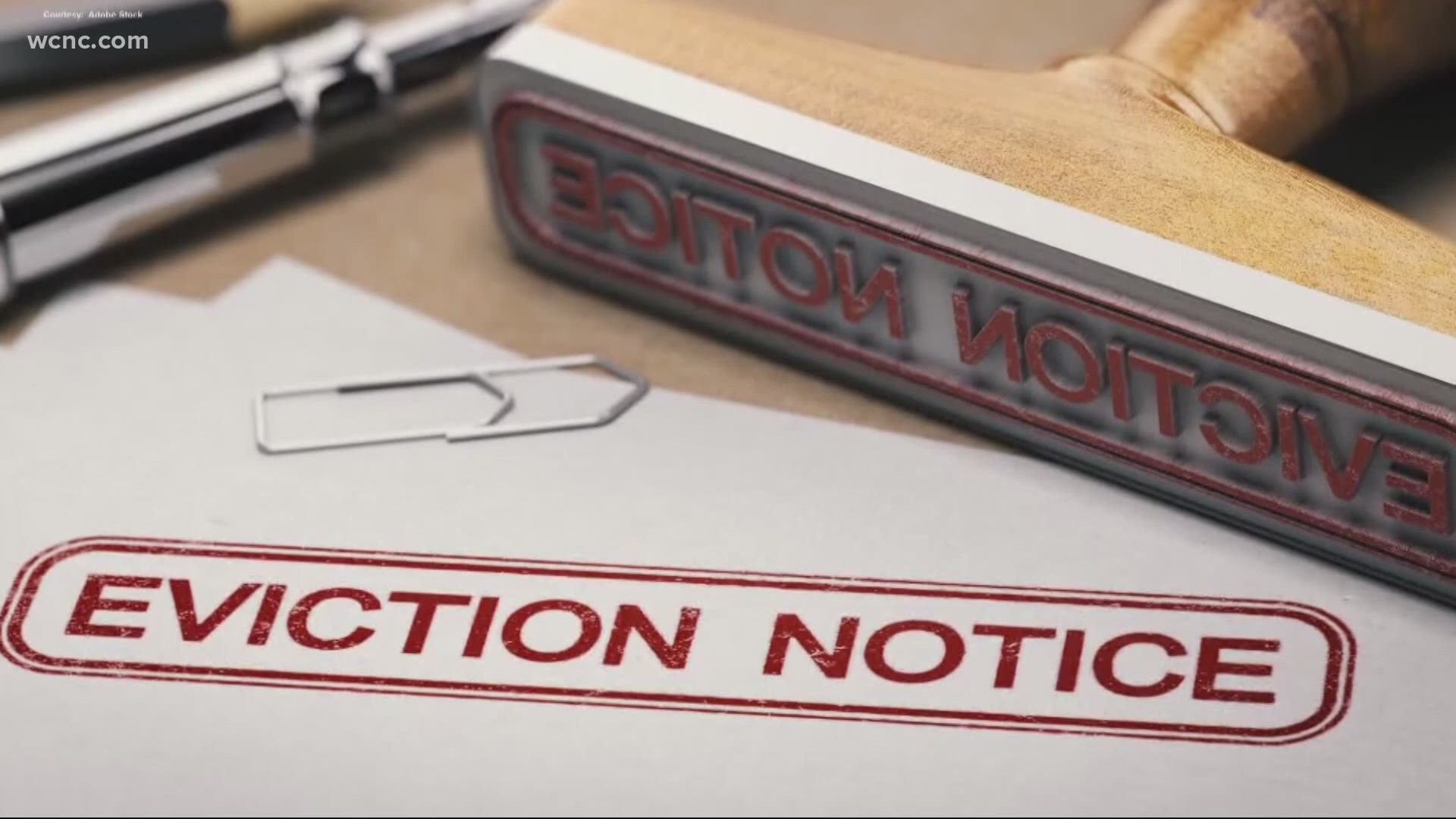CHARLOTTE, N.C. — Editor's Note: This story originally reported Gov. Cooper's Executive Order 220 extended North Carolina's eviction moratorium. Cooper's request to extend the moratorium to align with the CDC's national moratorium was denied by the Council of State on June 29. North Carolina's eviction moratorium ends Thursday, July 1.
Gov. Roy Cooper announced on June 11 that he signed an executive order to renew North Carolina's state of emergency response to the COVID-19 pandemic until July 30.
The executive order focused on public health measures currently in place and allows North Carolina access to federal funding. Throughout the pandemic, Cooper has eased restrictions as COVID-19 trends have improved statewide.
“We are laser-focused on getting more shots in arms, boosting our economy and protecting unvaccinated people from the virus and this executive order is essential for those efforts,” Gov. Cooper said in a released statement.
The state of emergency continues to provide unemployment insurance flexibilities in North Carolina despite work search requirements being reinstated for all claimants of unemployment benefits. Some flexibilities that remain in place include:
- The waiting week for the first payment of benefits remains waived.
- Employers are not charged for COVID-related claims filed by their employees.
- Some requirements are lifted for employers filing attached claims on behalf of their employees.
The state of emergency allows North Carolina to access federal funding, including FEMA Public Assistance reimbursements. Schools can abide by safety guidance under the StrongSchoolsNC Public Health Toolkit.
In addition, the state of emergency offers flexibility for the NC Department of Health and Human Services to increase the number of people authorized to administer vaccines and COVID-19 tests.
The emergency order also provides the million-dollar summer cash and college tuition drawings that motivate people to get the vaccine.
The extension runs through July 30.
Cooper and state health officials will monitor COVID-19 data to decide next month whether the order needs further renewal.
You can read the full executive order extending the North Carolina state of emergency here.

